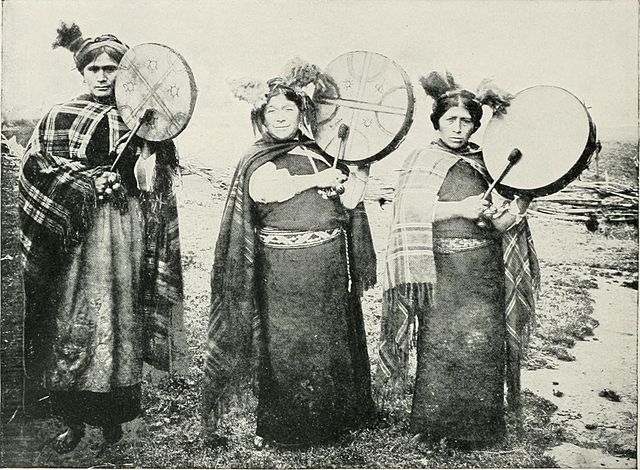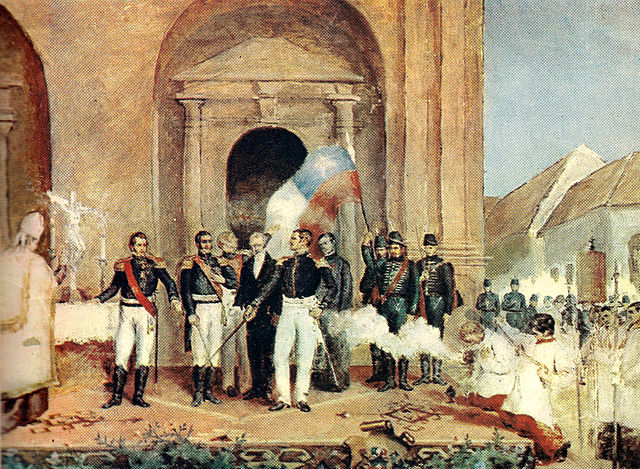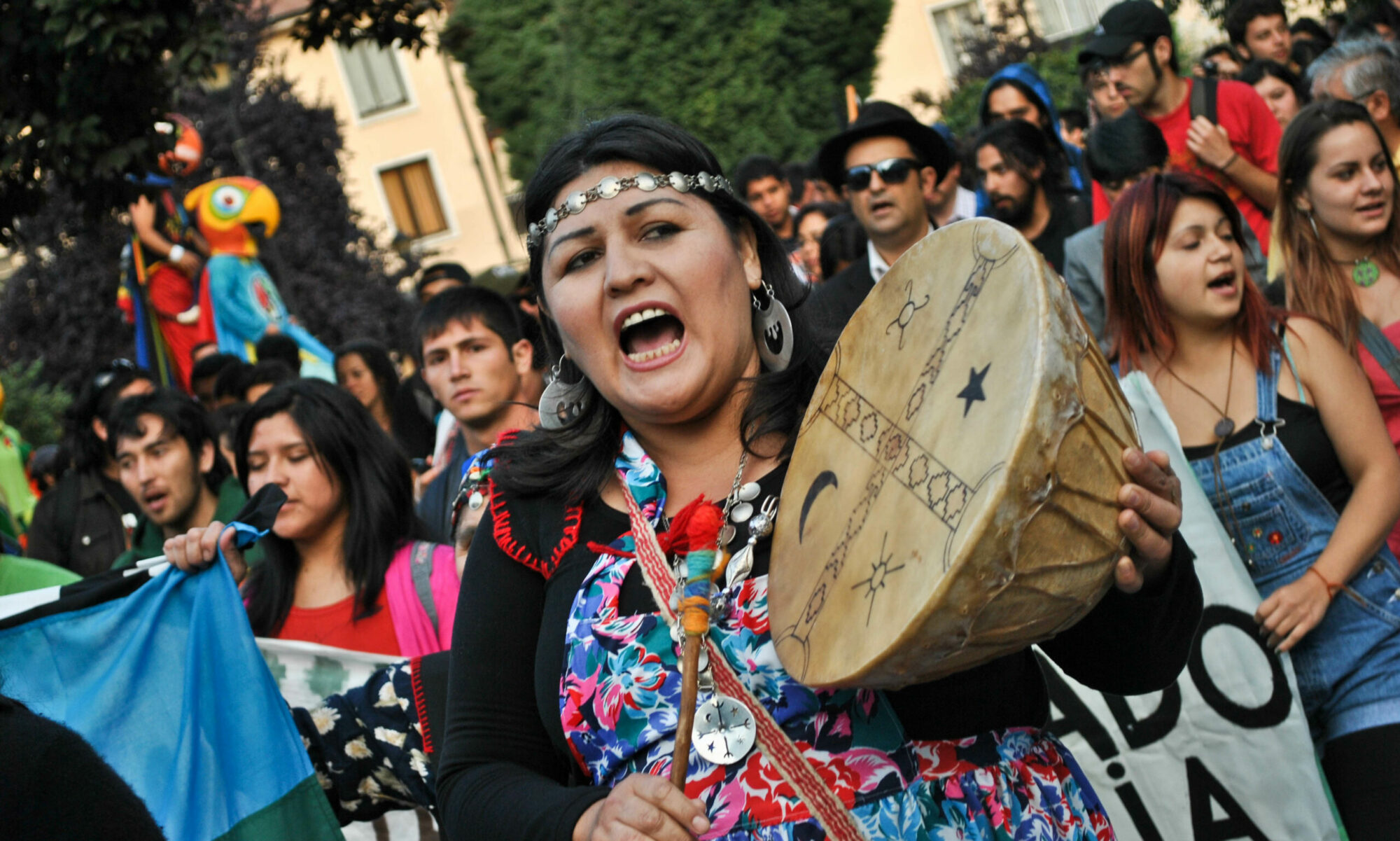While the Mapuche Resistance is recognized as beginning in the 1990s, the roots of the conflict date back far further, to the first instances of contact by Spanish colonizers. The Spanish, recognizing Mapuche territory as fertile and rich in resources, sought to claim Wallmapu for themselves. In what came to be known as the Arauco War, the Spanish launched countless attacks on the Mapuche, who fought back with equal determination and strategy.

The Arauco War spanned two hundred years: historians have theorized that it began as early as 1546 and did not end until the late 17th century. During this time, the Mapuche valiantly resisted Spanish attempts at colonization, successfully ousting would-be settlers from their territories time and time again. Ultimately, the Spanish were forced to withdraw and recognize Wallmapu as rightfully independent. In the years that followed, the Mapuche and the Spanish formed a tentative trading relationship. While small-scale raids were still carried out by both sides, a relative peace had settled between the two nations. Many Mapuche communities began to engage in cattle farming as a result of positive relations with the Spanish.

This all changed, however, when Chile had established itself as an independent nation. In what is referred to as the Occupation of Araucanía (1861–1883), Chile declared war on the Mapuche Nation. By this time, many Mapuche communities had been devastated by disease and famine, while the settler population had only grown. A drastically reduced defence force and a crucial mismatch in technology ultimately led to a Chilean “victory.” The first priority of the Chilean state was to force the Mapuche from their ancestral lands and onto reducciones, isolated reserves on small parcels of less fertile land. Thereafter, little to no support was provided to the Mapuche people, whose communities soon became impoverished.
